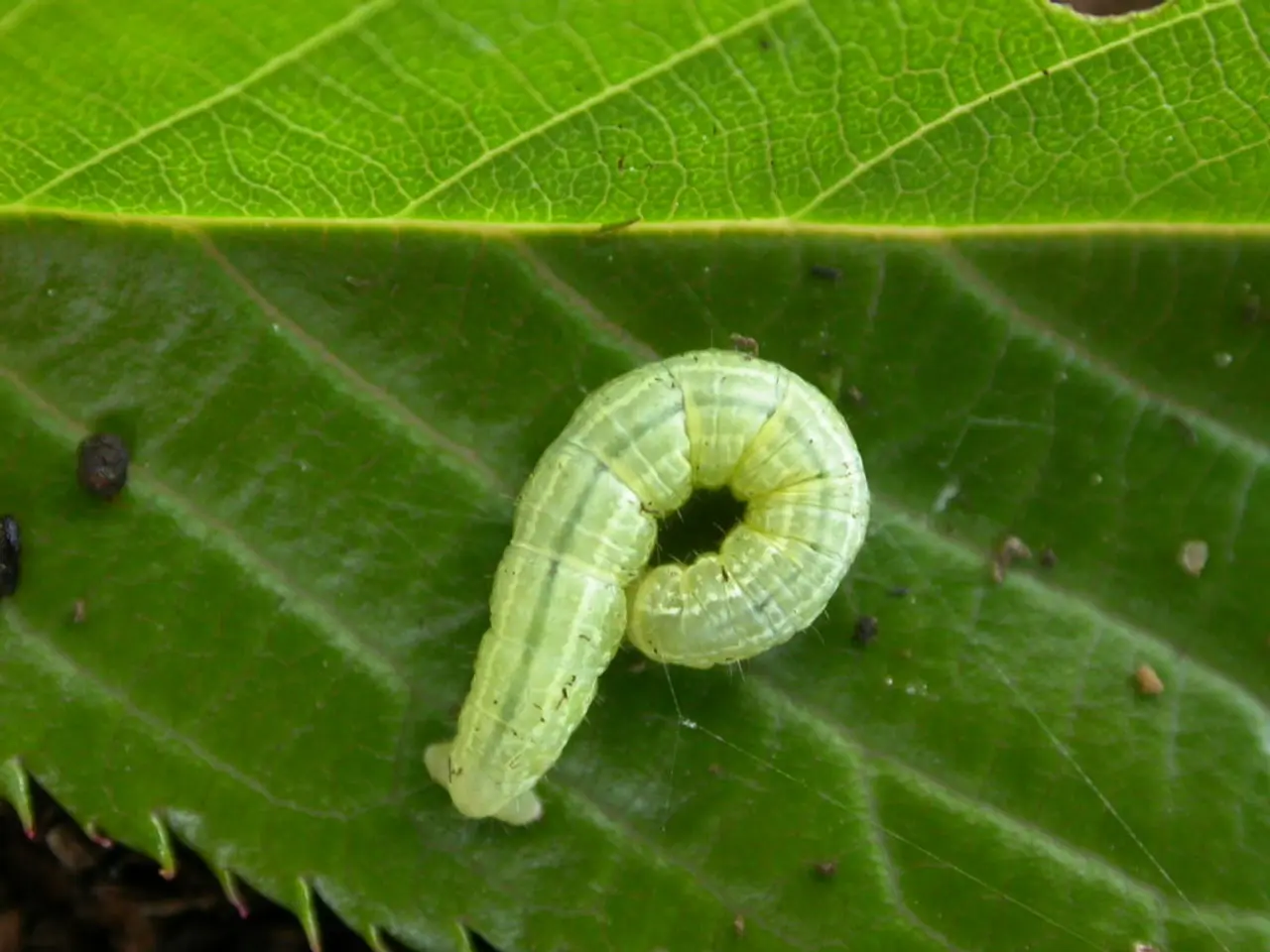Infection Causers: Cryptosporidium parvum, Cyclospora, and Giardia lamblia
Parasitic diseases, although uncommon in the United States, account for less than 10% of the 304,057 reported disease cases in 2009. These organisms, such as Cryptosporidium, Cyclospora, and Giardia, need a host to survive and reproduce.
A variety of parasites can be transmitted through contaminated food or water, or in some cases, through skin contact with contaminated water or soil. For instance, Salmonella, E. coli, Listeria, and Cyclospora are commonly transmitted by consuming contaminated foods like eggs, salad mixes, fresh produce, and dairy. Clonorchis sinensis (liver fluke) and Gnathostoma spinigerum are found in freshwater products like fish and are often transmitted through eating raw or undercooked freshwater fish or snails.
Hookworms infect humans when larvae penetrate the skin after contact with contaminated soil, while tapeworms like Taenia solium are transmitted by eating undercooked or contaminated pork, beef, or fish containing larval cysts. Schistosoma species cause schistosomiasis through contact with freshwater contaminated with the parasite's larvae.
Symptoms of parasitic infections vary but often include gastrointestinal distress, fever, fatigue, and, in some cases, anemia. Liver fluke infection can cause liver and bile duct problems, tapeworm infection may cause digestive problems, and cysticercosis can lead to neurological symptoms. Schistosomiasis can result in chronic organ damage if untreated, with symptoms including rash, fever, and abdominal pain.
Preventing parasitic infections involves several practical steps. Proper cooking of food, especially meat, fish, and eggs, is crucial. Avoiding raw or undercooked freshwater fish and snails is also essential. Washing fruits and vegetables thoroughly is another important measure, as is practicing good personal hygiene, including handwashing with safe water. Using safe, treated drinking water is vital, and avoiding walking barefoot in areas contaminated with human feces is advisable.
Public health advisories and regulation compliance for food safety can help reduce outbreaks of parasites like Salmonella and Cyclospora. Boiling water for at least 1 minute is an effective method of controlling these parasites in the water supply. Water filtration is the current practice for controlling these parasites, and municipal programs for clean water are essential for protection.
People with healthy immune systems can usually clear a parasitic infection without medical help, but there are medications that effectively treat Crypto and Giardia. It is crucial to be aware of public boil alerts and follow the recommendations to avoid parasitic infections.
Children under the age of 5 who are in daycare environments are most affected by parasitic diseases. Severe cases of infection can lead to dehydration and weight loss. Symptoms of parasitic infections include diarrhea, abdominal cramps, gas, nausea, and fever (in the case of Cyclospora). Parasitic diseases occur most frequently in the warmer months, particularly June through October.
Giardiasis is the most commonly reported parasitic illness in the United States. Chlorine is not effective in controlling parasites like Giardia, Crypto, and Cyclospora in municipal water. It is important to note that these parasites can live outside a host for 2-6 months depending on environmental conditions.
In conclusion, understanding the transmission routes, clinical manifestations, and practical prevention strategies of food- and water-borne parasites is essential for maintaining good health. By following the recommended precautions, individuals can significantly reduce their risk of parasitic infections.
- In the realm of health-and-wellness, maintaining food safety is crucial to prevent parasitic diseases like Cyclospora, which can be transmitted by consuming contaminated foods.
- Science plays a vital role in understanding the medical-conditions caused by various parasites, such as liver and bile duct problems from liver fluke infection or digestive problems from tapeworm infection.
- Skin care and awareness are important in protecting oneself against parasites like hookworms, which can infect humans through contact with contaminated soil.
- Therapies-and-treatments exist for managing parasitic infections, with medications effectively treating Crypto and Giardia. Mental health considerations might arise from the stress and anxiety associated with parasitic diseases, particularly in children under the age of 5 who are most affected.
- The field of space-and-astronomy faces unique challenges in food safety, as parasites like Giardia can live outside a host for several months, potentially impacting long-term space missions. CBD, a widely-used wellness supplement, might not have a direct connection to parasitic diseases, but its potential therapeutic benefits in managing stress, inflammation, and digestive issues could indirectly aid in parasite-related health concerns.




